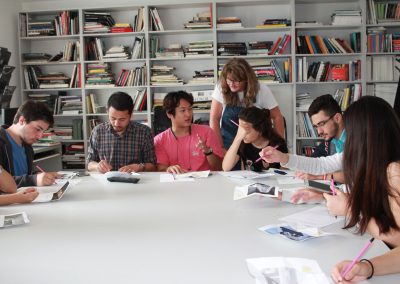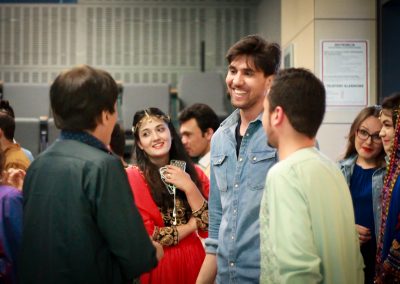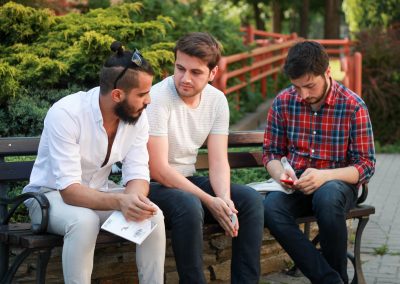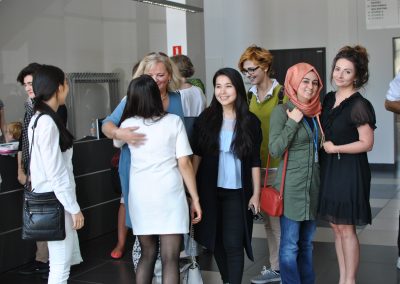The International University of Opole
This is a groundbreaking year – since October 2017 the students will be studying in English at at least 6 programmes – apart from the philologies. Besides the accelerators of internationalization that have already been at work earlier: Europa Master, English in Public Communication and Intercultural Communication (MA in Sociology) – a few new programmes are launching this year at the university: Polish Studies (Bachelor’s programme in Philology), Sustainable Development (Master’s programme in Economics) and Palaeobiology (Master’s programme in Biology). The recruitment for the Bachelor’s programme in Economics – International Business, is still open. Naturally, English Philology is also fully taught in English: at the Bachelor’s and Master’s degree. Moreover, the Faculty of Philology runs a doctoral programme English language and literature. All the programmes are still accepting new students, as foreigners are enrolled beyond the quota.
Moreover, the English for Academic Purposes preparatory course – “the zero year” – is launching for the first time in the history of the University of Opole. It has been designed for those who need to prepare to studying in English.
Presently, 80 foreigners are registered and we are working on assembling their documents. This will also be a record-breaking year in terms of the number of nationalities of our students. Last year, mostly thanks to Intercultural Communication, the university has already been hosting an Indonesian, a Chinese, an Afghan, an Azeri and a pair of Bangladeshis. They have joined the group of Ukrainians, Belarusians, Georgians and Turks, who have been studying at the university for years. This year we are also expecting citizens of Nigeria, Uganda, Russia, Egypt or Pakistan.
Recruiting and assisting international students is also hard work.
International students require and demand a lot of attention and rapid response – they have to have enough time to go through the – often very time consuming – visa procedure. They need assistance even in issues which might seem instinctive to some, such as online registration or preparing and assembling their documents. They, moreover, expect to be advised on the choice of a study programme. The university is only beginning to implement solutions for the international students, so they still sometimes come across some technical problems, for example regarding the online university systems – relates Oksana Smolnikova of the Office for International Study Programmes – a section of the Department for Scientific Research and International Relations. The office is located in room 1 of the Niechcic Dormitory and deals with assisting and recruiting international students who (are to) study in English.
The range of programmes offered by the university is constantly widening – apart from the ones that will be opening this year, UO offers more. This year Biological Chemistry was not opened because of only a few persons interested in taking part in the programme. Moreover, Applied Gender Studies is currently in the process of becoming an specialization of another programme, hence the recruitment to the programme is on hiatus. More programmes in English are to be expected in the future.
Internalization is crucial for the university – says Dr. Michał Wanke, the coordinator of the office – we are building a multicultural, inspiring environment of studies in the multicultural Opole. Hence, our website and the brand of the enterprise is “Hello!” – we are open to the world, and here, in the centre of Europe, each of our students is in the centre of our attention. We are taking advantage of the most important assets of Opole: coziness and the central location, in order to build an international atmosphere. Our students have a whole world in their home – during the classes we discuss the issues of very distinct cultures having direct access to their representatives. Academic teachers can teach in English, which they use anyway when reading and publishing academic papers – because this is how the global science works. The students polish their language, almost automatically take part in mobilities and spend at least one semester of studies abroad.
The number of those interested in Erasmus+ mobilities is increasing. More and more students are coming – because there are courses for them to study in English. In the following year, another record will be beaten: many more than 200 mobility students will come to study at the UO from Belgium, Spain, Greece or Turkey, but also, thanks to the cooperation of the Office for International Study Programmes with the Erasmus office – outside of the EU: from Cambodia, Afghanistan, Iran, Israel, Serbia, Montenegro or Russia.
The recruitment for all the study programmes in English is still open. You can find more information on them at hello.uni.opole.pl/study and rekrutacja.uni.opole.pl.

Unia Europejska ogłasza konkurs na stypendia w ramach programu “EU4Belarus: Solidarność z mieszkańcami Białorusi”
Unia Europejska w ramach programu „EU4Belarus: Solidarność z mieszkańcami Białorusi” ogłasza konkurs na stypendia EU4Belarus – SALT (Support for Advanced Learning and Training) dla białoruskich studentów, którzy już studiują na uniwersytetach Litwy, Łotwy, Czech...
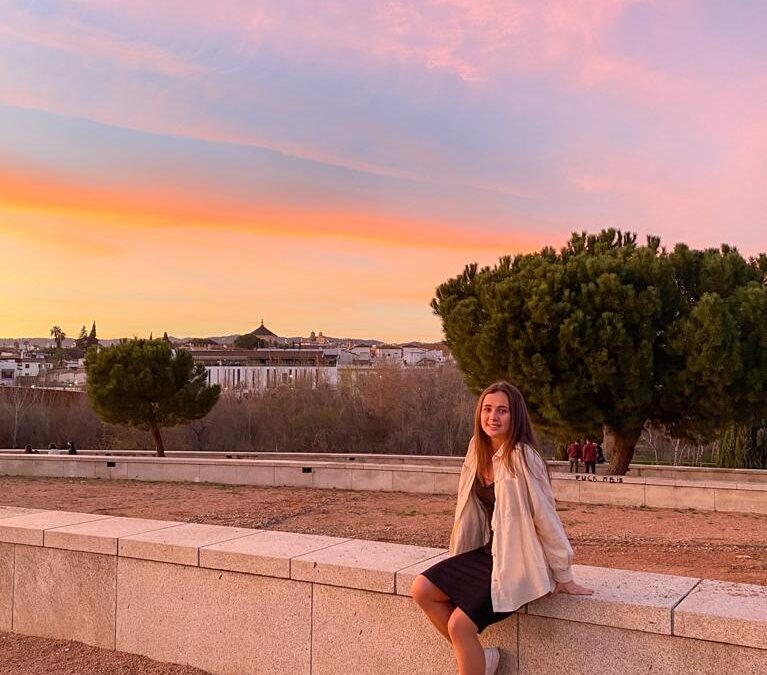
Emilia Galas o swoich doświadczeniach na Erasmusie 🙂
Wyobraź sobie miasteczko, w którym temperatura przez większą część roku nie spada poniżej 20℃. Miasteczko, które latem jest jednym z najcieplejszych miejsc w Europie, jednak pomimo to, jest tu mnóstwo zieleni. Miejsce, w którym tosty z pomidorem i szynką, churrosy z...
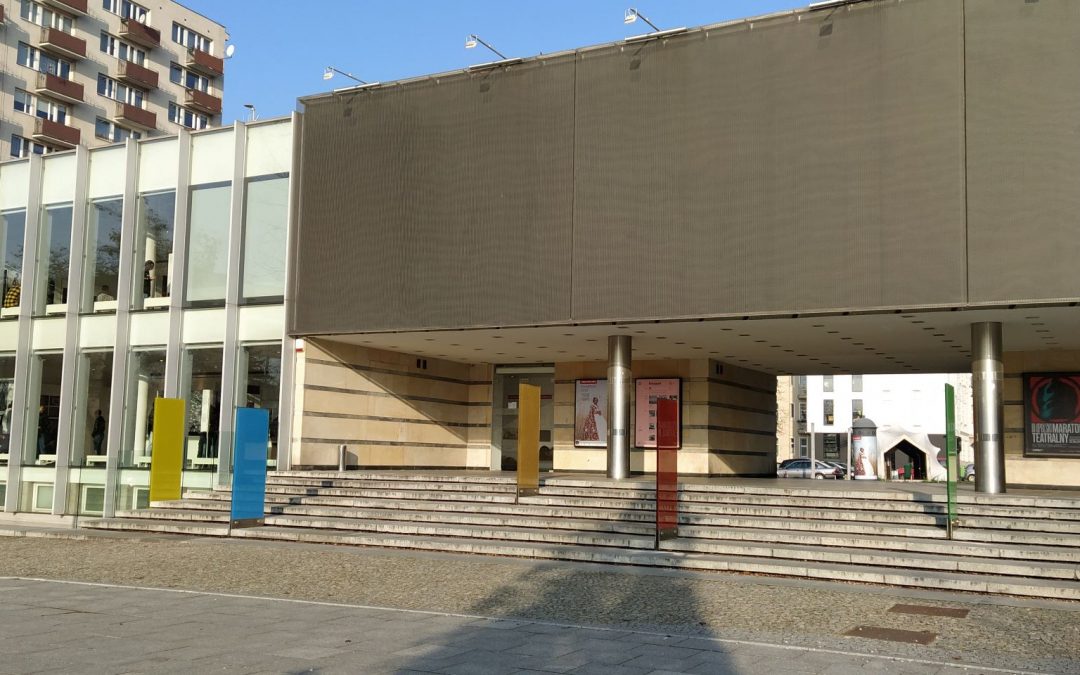
Salon wiosenny 2021
Salon wiosenny 2021 Contemporary Art Gallery in Opole invites you to the exhibition "Salon wiosenny 2021". The guided tour in English will take place on Tuesday, June 22, at 5p.m. You can get your free ticket in Erasmus+ office (Kmicic Hall). Join us in Galeria Sztuki...
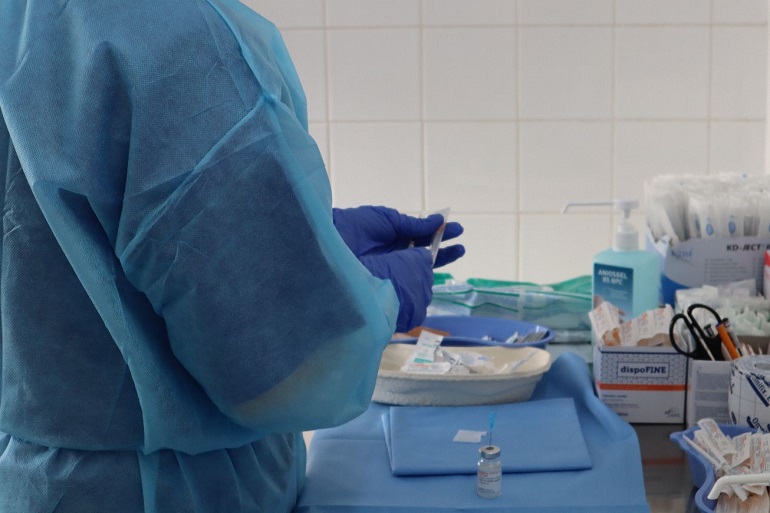
Get a vaccine! Vaccination point available for UO students on June 17 at the Student Cultural Center
Dear Students! Universal vaccination is the only way to end the COVID-19 pandemic and return to normal life. In the spirit of responsibility for our common safety and concern for the comfort of life, we encourage you to get vaccinated against coronavirus. The...
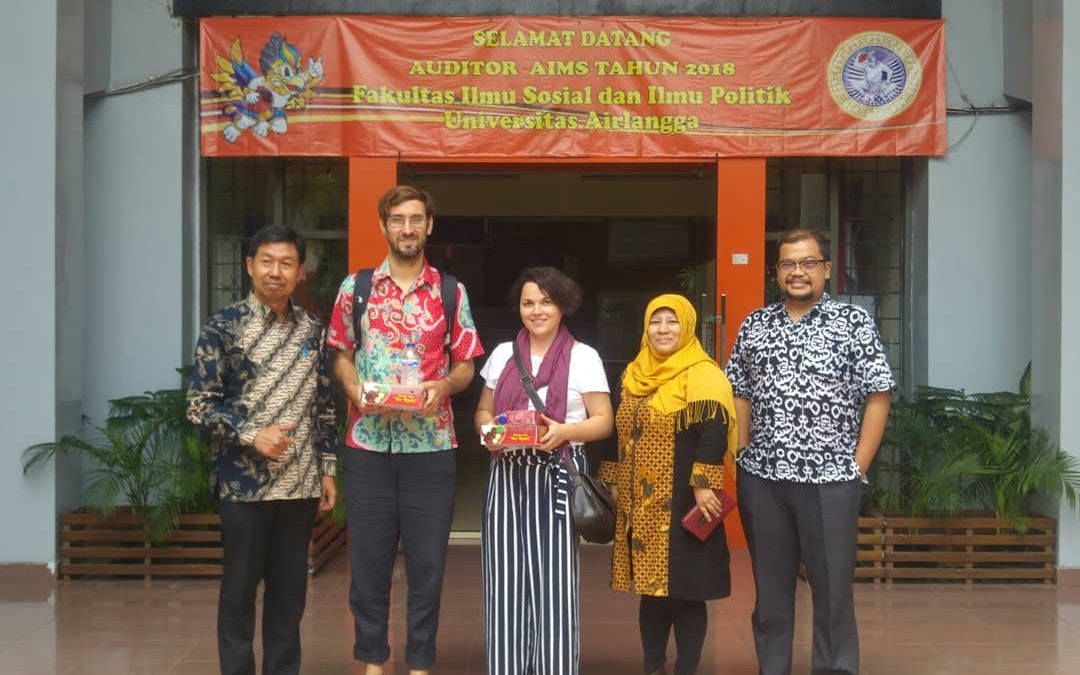
Virtual exchange programs in Indonesia
Universitas Airlangga in Indonesia would like to invite UO students to join their virtual exchange programs, AMERTA XV (Academic Mobility Exchange for Undergraduate and Master at Airlangga Batch XV) and LINGUA (Learning Indonesian Language at Universitas Airlangga)....
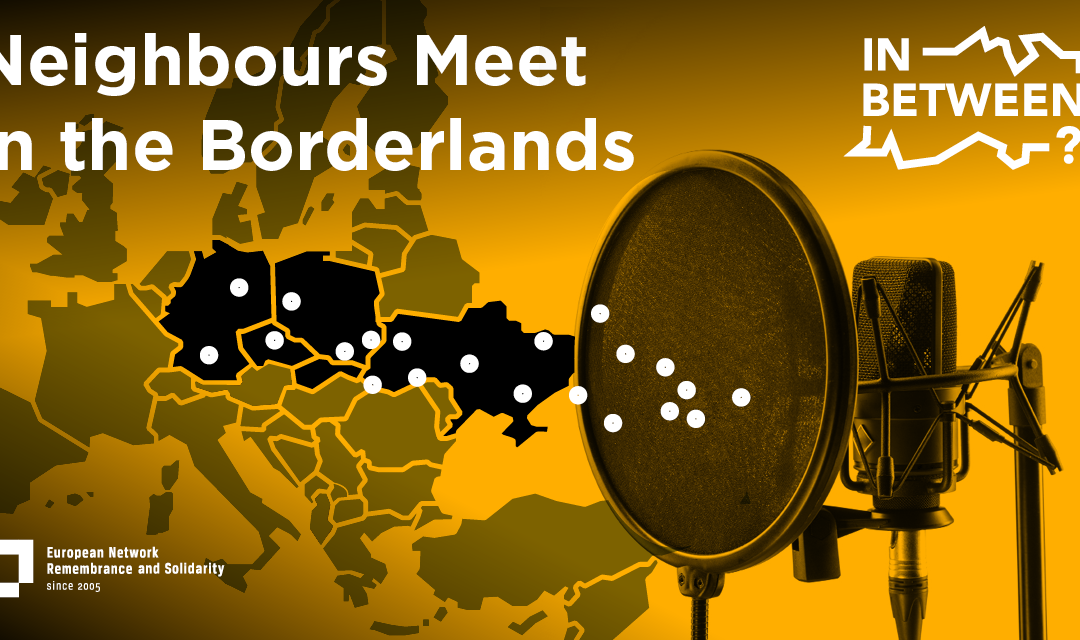
About In Between? – Neighbours Meet in the Borderlands
Dear Students! In Between? is an educational project for students interested in exploring the history of the European borderland regions. The participants are given a unique opportunity to conduct academic research using oral history methodology and learn how to...
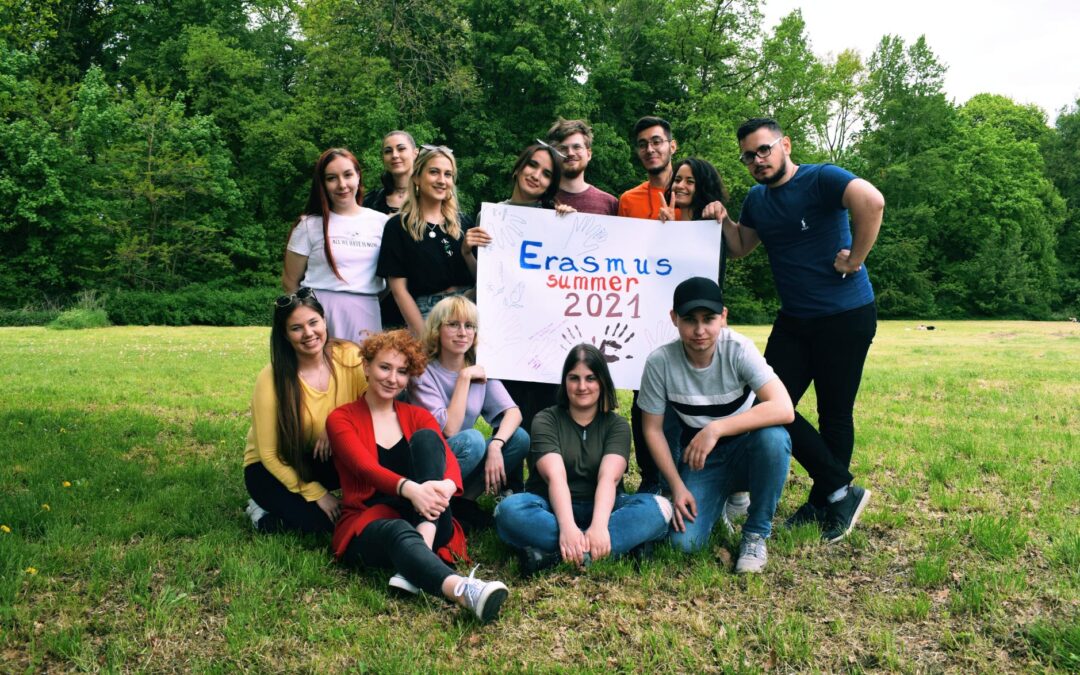
City game for Erasmus students
On the 15th of May, Poland loosened its pandemic restrictions. Therefore, our Buddy mentors and students from the Master of Liberal Arts program organized the city game for Erasmus+ students. The idea of the event was to introduce our Erasmus students to the Opole...
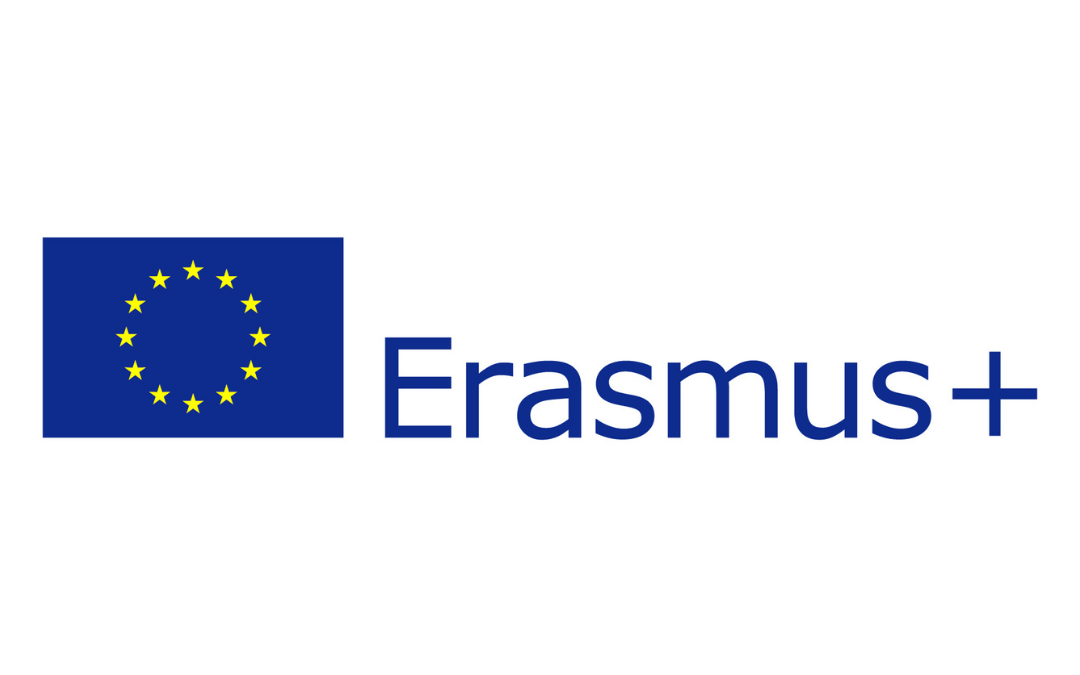
Dodatkowa rekrutacja w ramach programu ERASMUS+ na STT
Aplikować mogą pracownicy, którzy nie mieli okazji wziąć udziału w poprzedniej rekrutacji ogłoszonej w październiku 2020 r. a także osoby, które nie mają przyznanego miejsca na realizację wyjazdu w roku akademickim 2020-2021. Rekrutacja potrwa do 21 maja 2021 r. W...
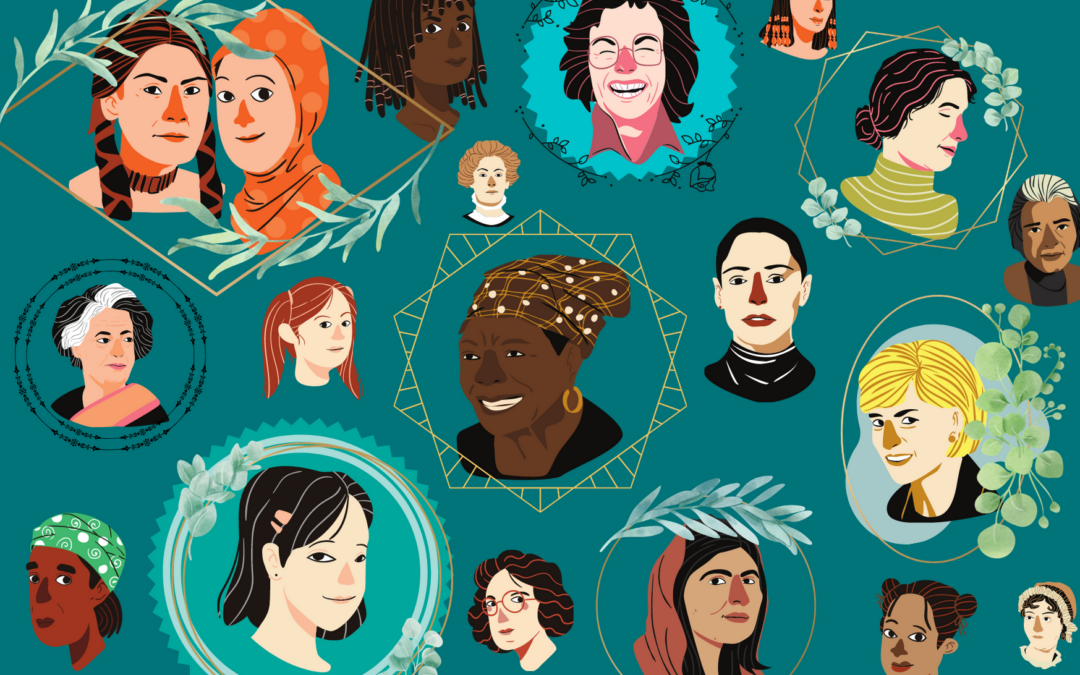
FORTHEM Diversity and Migration workshop
FORTHEM Diversity and Migration workshop invites you to a progress meeting Despite the epidemic and previously unknown administrative challenges, the Diversity and Migration lab is pursuing scientific cooperation within the FORTHEM alliance. On Monday and Tuesday,...
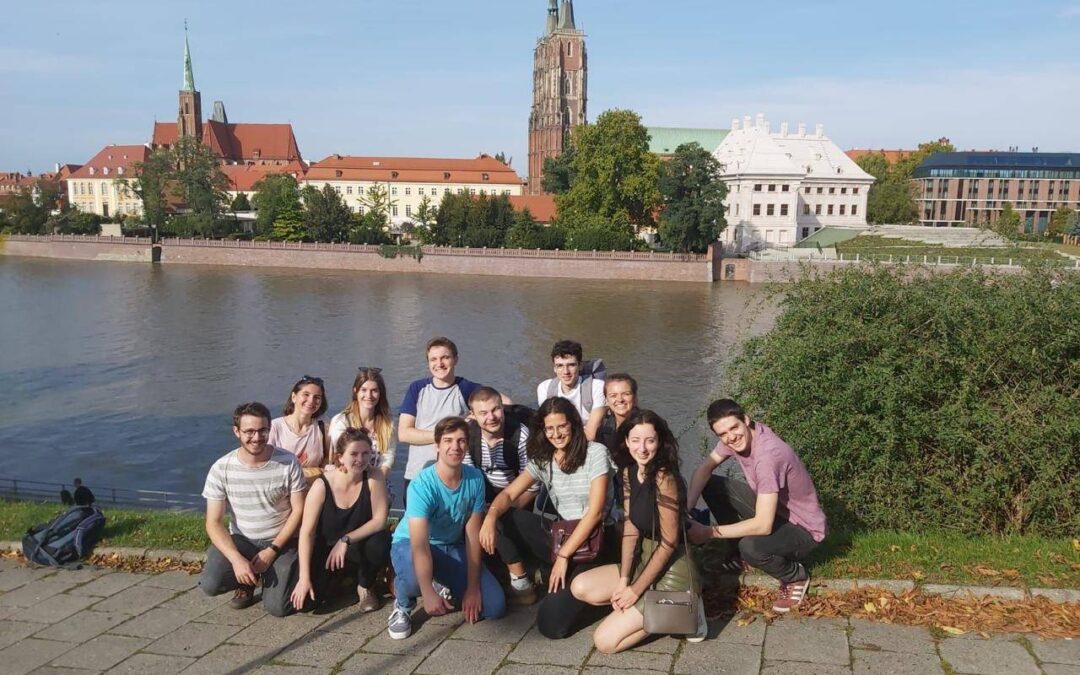
Europa Master
Group of Europa Master studentsDear Students, we want to remind you that the admission process for the Europa Master program has already begun! You still have a chance to send your applications by May 15,2021. For more details, please contact the coordinator of the...
